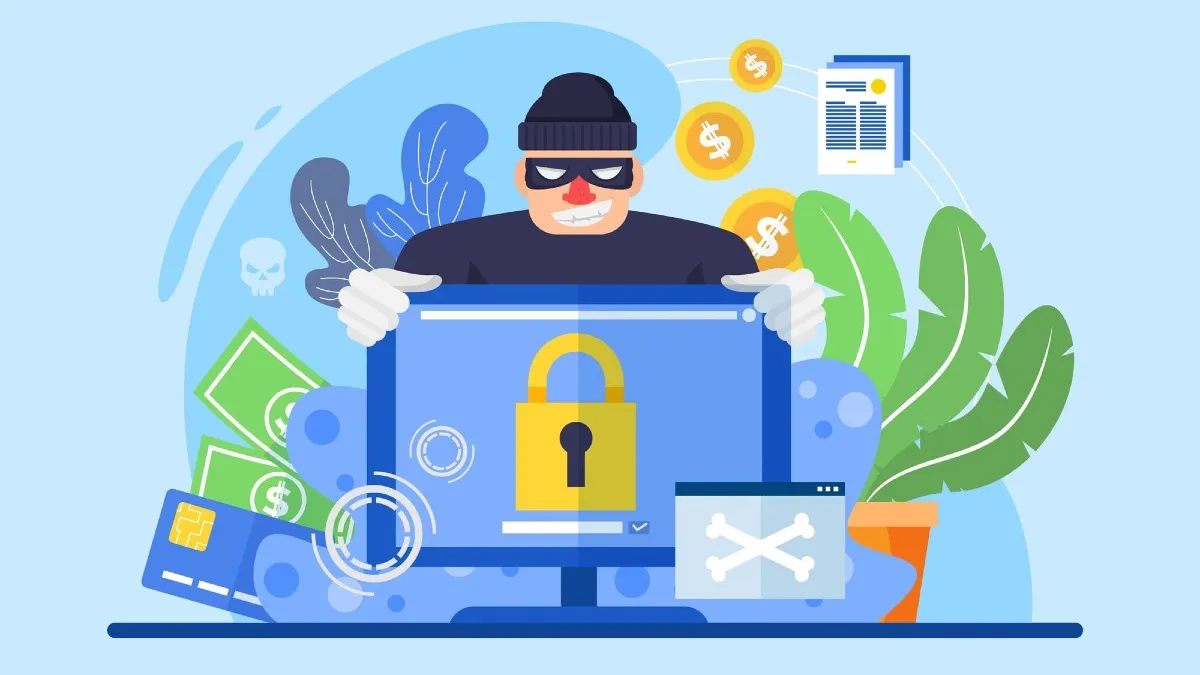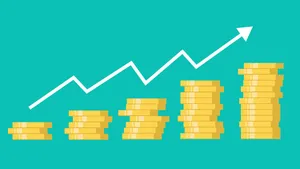The world of cryptocurrency is exciting, but it is also full of risk. Because transactions on the blockchain are irreversible, scammers have flocked to the space, knowing that once your crypto is gone, it is lost forever.
Your best defense is a combination of platform security and personal vigilance. This guide breaks down the five most common scams and details the institutional protections offered by a regulated platform like Coinbase.
The Top 5 Scams Targeting Beginners
Scammers prey on two things: FOMO (fear of missing out) and the simple human mistake of sharing a password.
1. Phishing Scams (The Fake Website)
- The Scam: Scammers send fake emails or direct messages (DMs) pretending to be from a trusted exchange (like "Coinbase Support"). The link directs you to a counterfeit login page that looks exactly like the real one. When you enter your password or private keys, the scammer steals your credentials.
- Red Flags: Spelling errors in the email, weird URLs, or messages creating a sense of urgency ("Act now or lose everything!").
2. Crypto Giveaway Scams
- The Scam: Fraudulent posts on social media (X, YouTube, Telegram) promise to match or multiply the crypto you send them ("Send 0.1 BTC, get 1 BTC back!"). They often impersonate Elon Musk or other celebrities to gain trust.
- Red Flags: Any offer that asks you to send crypto first is a scam. There are no legitimate promotions that require you to send money to participate.
3. Pig Butchering / Romance Scams
- The Scam: Scammers establish a long-term emotional relationship on a dating or social media app. After weeks or months, they convince the victim to "invest together" in a sophisticated, fake crypto trading program, often showing doctored charts. They allow the victim to withdraw small amounts initially to build confidence, then lock the account when the victim tries to withdraw a large sum.
- Red Flags: Anyone you meet online who avoids video calls or in-person meetings and brings up crypto or guaranteed returns.
4. Pump-and-Dump Schemes (The Fake Hype)
- The Scam: A group of scammers and influencers aggressively promote a low-value, unknown coin (Altcoin) on social media. They drive the price up (pump) and then sell all their holdings at the peak, destroying the coin's value and leaving all the late buyers with worthless assets (dump).
- Red Flags: Tokens with no clear use case, unverified claims of technology, or sudden, massive price spikes with no corresponding real-world news.
5. Fake Support & Malware Apps
- The Scam: You download a mobile app that looks exactly like a real exchange or wallet, but it contains malware that steals your login information or your wallet's private keys.
- Red Flags: Apps not found in the official Apple App Store or Google Play Store; sketchy links from strangers on Telegram or Discord.
How Coinbase Protects Your Funds
Coinbase is considered the safest major entry point because it invests heavily in security measures that address all the scams listed above.
| Security Layer | Feature & Rationale | How It Defends Against Scams |
| Institutional Custody | 98% of customer funds are stored in offline "cold storage". This means the majority of assets are air-gapped and inaccessible to hackers. | Protects against hacking and security breaches of the online system. |
| Authentication | Mandatory Two-Factor Authentication (2FA) at login. Coinbase encourages using Authenticator Apps or Security Keys, which are stronger than SMS codes. | Mitigates phishing attacks and SIM-swap scams. If a thief steals your password, they still cannot access your account. |
| Insurance | Coinbase holds a crime insurance policy that covers a portion of assets held online (hot wallets) against losses from theft and cybersecurity breaches. | Provides an institutional backstop against external platform failure or theft. |
| Withdrawal Controls | Coinbase Vault requires multiple approvals (2-5 people) and a mandatory 48-hour delay before a withdrawal is processed. | Protects against account takeover (ATO). If a scammer logs in, you have 48 hours to cancel the unauthorized transfer. |
| FDIC Insurance | U.S. Dollar balances held by Coinbase are maintained in custodial accounts at partner banks, making them eligible for FDIC insurance up to $250,000. | Protects your fiat currency (USD) against the failure of the underlying bank. |
Final Takeaway
You are the first and final line of defense against crypto scams. Choose a regulated platform like Coinbase, which provides you with institutional-grade defenses. Then, adopt these three habits:
- Never Share Keys: No legitimate service will ever ask for your private keys, seed phrase, or 2FA code.
- Verify the URL: Always type the address of your exchange directly into your browser.
- Trust No Guarantees: Any promise of high or guaranteed returns is a direct indicator of a scam.






